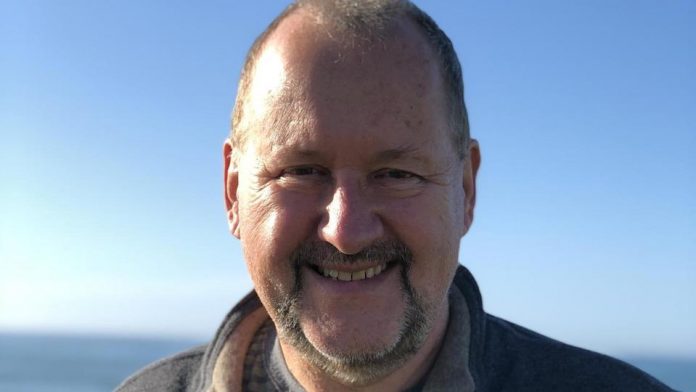There is “good evidence” of once-inhabited lands lying beneath the Pacific ocean as geology aligns with Islander tales passed down by ancestors, says academic Patrick Nunn.
The fabled town of Atlantis is the most famous lost civilisation and while Plato’s tale is fictional, Professor Nunn believes the narrative drew on “all sorts of details” to make it seem plausible.
“There are submerged lands that were formerly inhabited … all around the coasts of the world and we have some great examples from Australia,” the University of the Sunshine Coast lecturer told AAP.
“Amazingly, we’ve got Aboriginal stories from at least 26 places now all around the coast of Australia that recall a time when the sea level was lower, when the coastlines were further out to sea, when what are now islands offshore were actually joined to the mainland.”
The perseverance of the stories points to the strength of Aboriginal cultures’ oral tradition, with tales surviving thousands of years.
“Seven thousand years ago the ocean surface around Australia got to its present level and has pretty much stayed there ever since,” Prof Nunn said.
During the last great ice age, the ocean’s surface was about 120 metres lower than it is today.
“When that land ice melted, the ocean’s surface rose by that same 120 metres and people were living in most parts of the world at that time,” he said.
In the South Pacific, where the threat of volcanoes and earthquakes is part of life and people didn’t arrive until after the Ice Age, the stories can be more dramatic.
Places like the Solomon islands, Fiji and Vanuatu have examples of land going down “quite abruptly”.
“A lot of this is to do with geological processes often associated with very large earthquakes or landslides,” Prof Nunn said.
“Again the stories are passed down orally but they are also supported by these amazing cultural protocols.”
Taking a boat over the place in which ancestors one lived is marked by signs of respect including slowing and removing headgear, he says.
“I would argue they’re not just quaint traditions that have been invented by people – they do in fact represent ways of remembering before it was possible to read and write.”
Prof Nunn will next week present a virtual talk on lands lost beneath the sea to the Boston Museum of Science off the back of his recently published book, Worlds in Shadow: Submerged Lands in Science, Memory and Myth.
“The mistake that we’ve made in the past is to dismiss all these kinds of stories as fictions … without asking the question why did people invent these particular stories,” he said.
“Of course they didn’t,” said Prof Nunn.
SOURCE: AAP/PACNEWS














